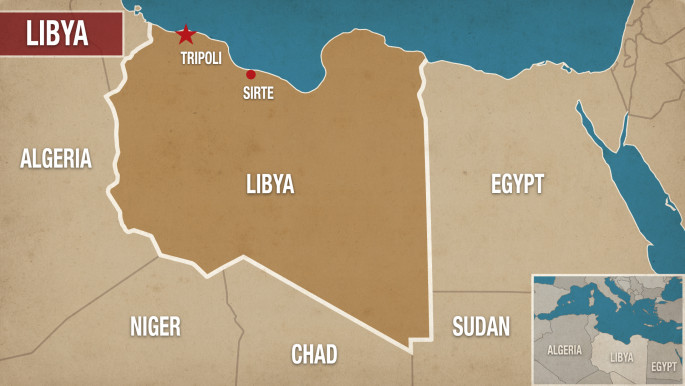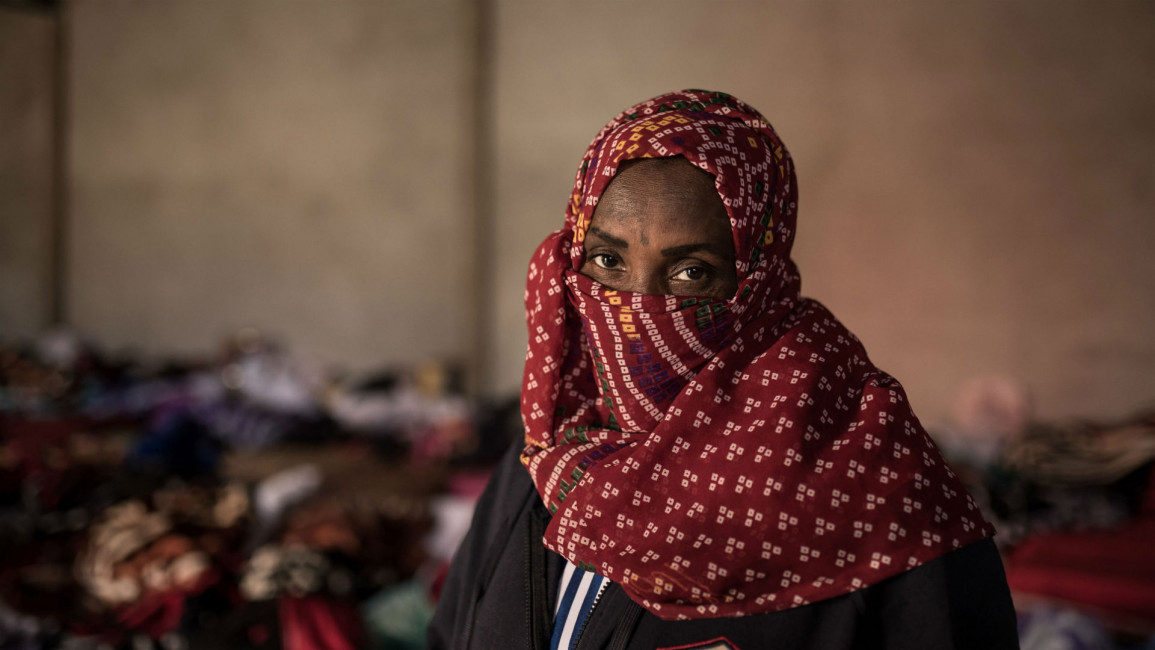Migrant women, children suffering rape, violence in Libya
Refugee and migrant women and children making the perilous journey to Europe are being beaten, raped and starved in Libya, the United Nations children's agency (UNICEF) said Tuesday.
In a report titled A Deadly Journey for Children: The Central Mediterranean Migrant Route, the UN agency said at least 256,000 migrants were recorded in Libya as of September 2016 – of whom at least 54,000 were women and children.
Most migrants languished in unsanitary, disease-ridden detention centres, which the report described as "no more than forced labor camps ... and makeshift prisons".
Armed groups effectively run the detention centres where physical and sexual violence against women and children is rife.
"For the thousands of migrant women and children incarcerated, (the centers) were living hellholes where people were held for months," said the UNICEF report.
In interviews with more than 100 women and children, nearly half said they had been raped or abused several times during their journey, according to the report.
Most of the children said they were beaten by adults along the way, with girls suffering more abuse than boys.
"Here (in the detention centre) they treat us like chickens. They beat us, they do not give us good water and good food," said Jon, a 14-year-old boy who traveled alone from Nigeria to escape the militant group Boko Haram.
 |
|
| [Click to enlarge] |
"So many people are dying here, dying from disease, freezing to death," he was quoted as saying in the report.
UNICEF said women and unaccompanied child migrants rely on people smugglers to get to Europe, often under a "pay as you go system", leaving them vulnerable to exploitation, trafficking and violence, including prostitution and rape.
Smugglers typically demand thousands of dollars from migrants for a risky journey across the desert before cramming them onto ill-equipped boats for a perilous crossing of the Mediterranean.
"The route is mostly controlled by smugglers, traffickers and other people seeking to prey upon desperate children and women who are simply seeking refuge or a better life," said Afshan Khan, head of UNICEF's refugee operations in Europe.
Last year, a record 181,000 migrants crossed between Libya and Italy, according to UN figures. More than 4,500 people drowned, and at least 700 were children, UNICEF said.
"Children should not be forced to put their lives in the hands of smugglers because there are simply no alternatives," said Khan in a statement.
"We need to address globally the drivers of migration and work together toward a robust system of safe and legal passage for children on the move, whether refugees or migrants."



